
How to Safely Put Weight on a Horse. It is important to keep your horse at a healthy weight. Horses that are too heavy or too thin are at greater risk for experiencing health problems and injuries. The most important thing to remember when you are trying to help your horse gain weight is to make sure he gains the right kind of weight. Making your horse fatter by feeding him a large quantity of poor-quality feed is the equine equivalent of going on a Twinkie and extra-cheese pizza diet. Make sure your horse gains healthy weight by feeding him high-quality feeds and allowing him to gain weight at a steady pace.
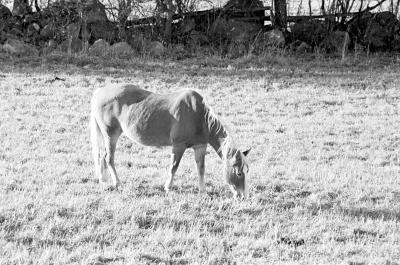
Call your veterinarian. Have him give your horse a thorough physical examination. You need to know if there is a medical reason that the horse is underweight. A horse that has a significant number of worms or needs his teeth floated can become underweight because he is not able to get enough nutrition from the feed. Take care of all medical problems, then discuss your horse's weight with your veterinarian and have him help you decide on the best plan for helping your horse gain healthy weight.
Feed the underweight horse by itself. Less dominant horses fed in a group or pasture setting may be chased away from their meals by a more dominant or aggressive animal. If your horse is the submissive in the pasture, there is a chance he is not getting the majority of his meals. Feed him alone and give him plenty of time to eat his feed.
Switch to a higher fat feed. Sweet feed will almost always help a horse gain weight more quickly than plain pellets. However, be aware that higher fat feeds can also be higher energy feeds. If your horse is older or has extremely poor teeth, you may want to consider using a feed designed for senior horses.
Improve your hay quality. A high-quality hay, such as Alfalfa or Peanut has significantly more calories per pound than regular Bermuda or other lower quality roughage. Adding several flakes of high-quality hay is a nutritious way to up your horse's daily caloric intake.
Put a weight-gaining supplement into the horse's feed. Rice bran is an inexpensive additive that will add pounds to your horse, as well as improve coat quality. There are also a variety of specially designed supplements you can purchase to help your horse gain weight.
Exercise your horse regularly to develop muscle. The more exercise your horse gets, the healthier his weight will be.
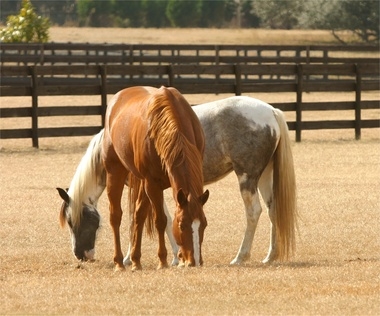 Horse Shelter Ideas
Horse Shelter Ideas
Horse Shelter Idea
Horse Shelter Ideas
Horse Shelter Ideas
Horse Shelter Idea
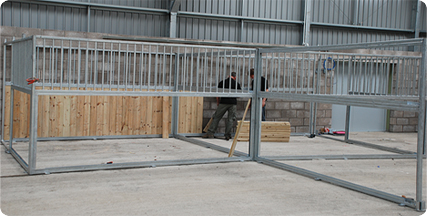 How Customized Steel Stables Are Beneficial?
Choosing the place for the horses and constructing it for th
How Customized Steel Stables Are Beneficial?
Choosing the place for the horses and constructing it for th
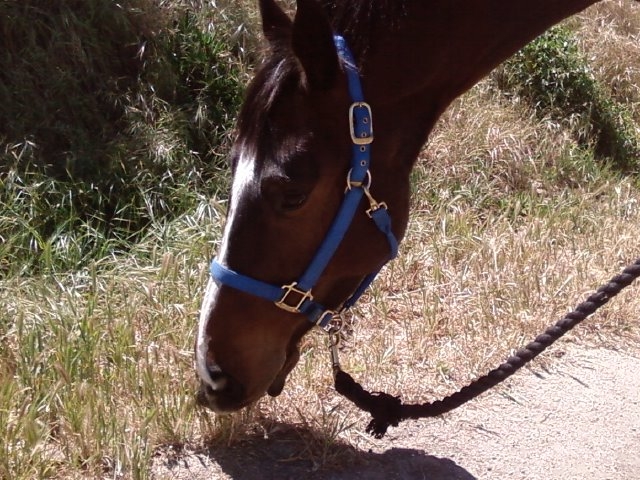 What Do You Give a Horse for Colic?
What Do You Give a Horse for Colic?
Wh
What Do You Give a Horse for Colic?
What Do You Give a Horse for Colic?
Wh
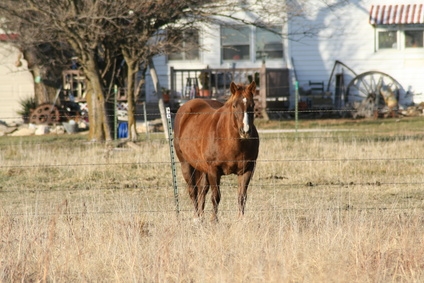 Horse Fence Height Requirements by Breed
Horse Fence Height Requirements by Breed
Horse Fence Height Requirements by Breed
Horse Fence Height Requirements by Breed
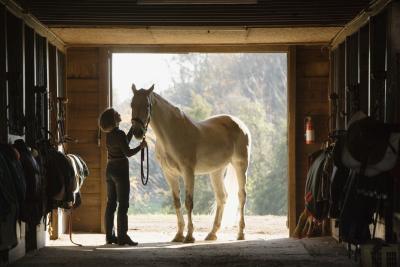 Wood Types for Horse Stalls
Wood Types for Horse Stalls
Wood Types
Wood Types for Horse Stalls
Wood Types for Horse Stalls
Wood Types
Copyright © 2005-2016 Pet Information All Rights Reserved
Contact us: www162date@outlook.com